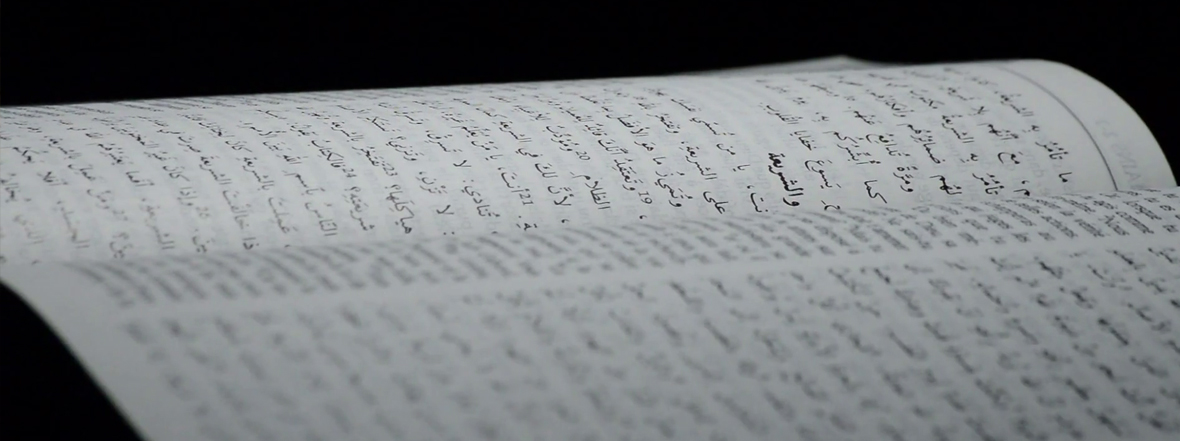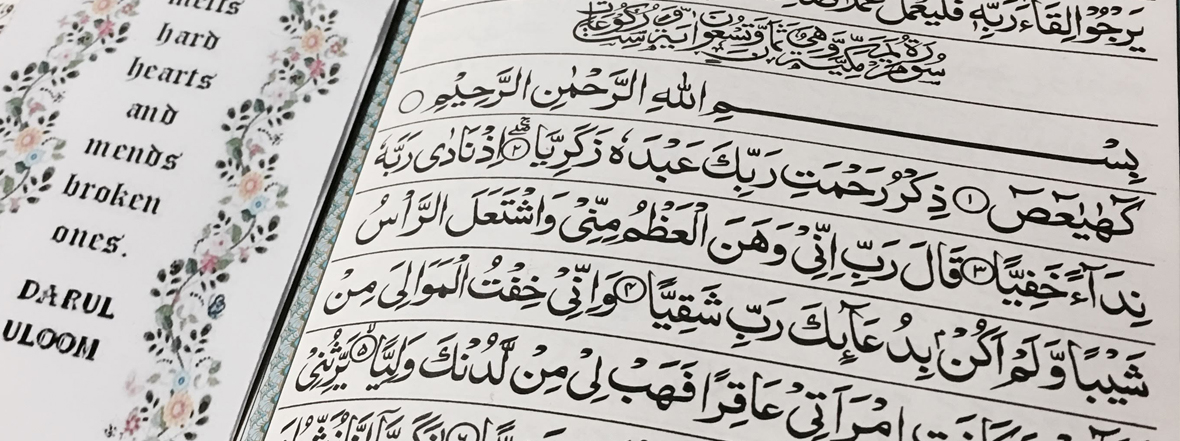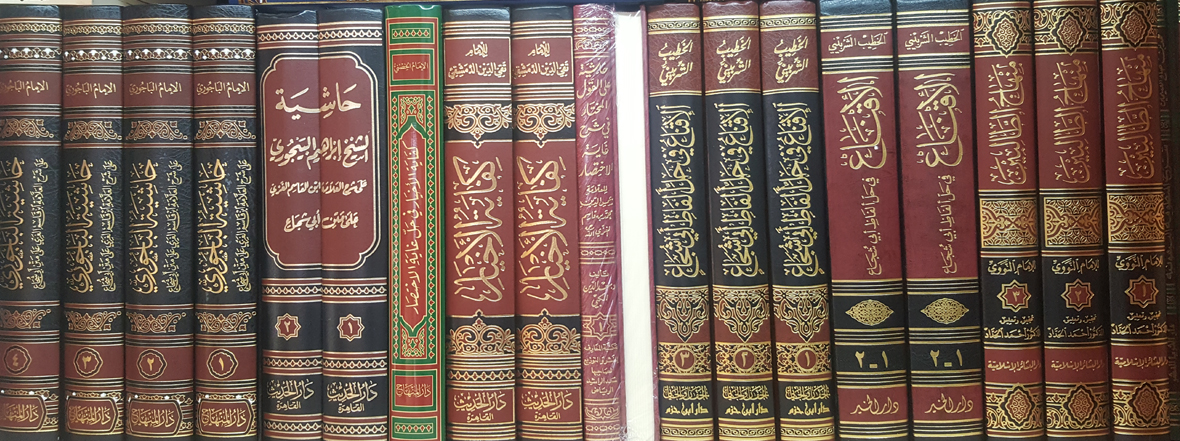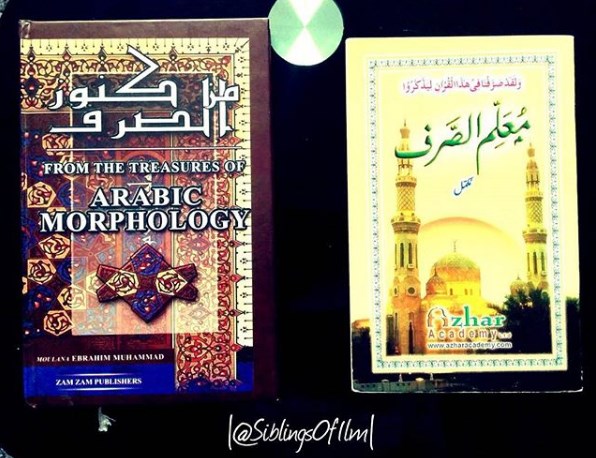The difference between اذا and ان when it comes to its usage in the Qur’ān.
The preposition إذا is used for an indefinite matter or something which is certain of happening. Whereas إن is used for a matter within which there is no certainty.
Therefore when Allah says in the Qur’ān:
يأيها الذين آمنوا “إذا” قمتم إلى الصلوة فاغسلوا وجوهكم وأيديكم إلى المرافق وامسحوا برؤوسكم وأرجلكم إلى الكعبين و”إن” كنتم جنبا فاطهروا.
“Oh you who have believed, when you stand to [perform] prayer, wash your faces and your forearms to the elbows and wipe over your heads and wash your feet to the ankles. And if you are in a state of major impurity, then purify yourselves.”
The translation of إذا here is ‘when’, Allah knows a believer will certainly stand for Ṣalāh and since at the time of Ṣalāh, wudhu is a necessity Allah brings إذا showing the frequent occurrence of the action.
As for إن, it is brought to discuss the state of major impurity, which is infrequent.
Although both prepositions give the meaning of a conditional sentence, the question is now answered as to why there are two different propositions used.
In Arabic:
فائدة:
(من أدوات الشرط: (إن)، و (إذا
فـ (إذا) تستعمل في الأمر المتيقن والكثير الوقوع
:أما (إن) فتستعمل في الأمر المشكوك و النادر،قال الله سبحانه:
(يأيها الذين آمنوا “إذا” قمتم إلى الصلوة فاغسلوا وجوهكم وأيديكم إلى المرافق وامسحوا برؤوسكم وأرجلكم إلى الكعبين و”إن” كنتم جنبا فاطهروا)
تأملوا الآية ولاحظوا
أ ـ أن المولى عز وجل أتى بـ (إذا) في الوضوء لتكرره، وكثرة وقوعه.
ب ـ وأنه سبحانه أتى بـ (إن) في الجنابة لندرة وقوعها.






